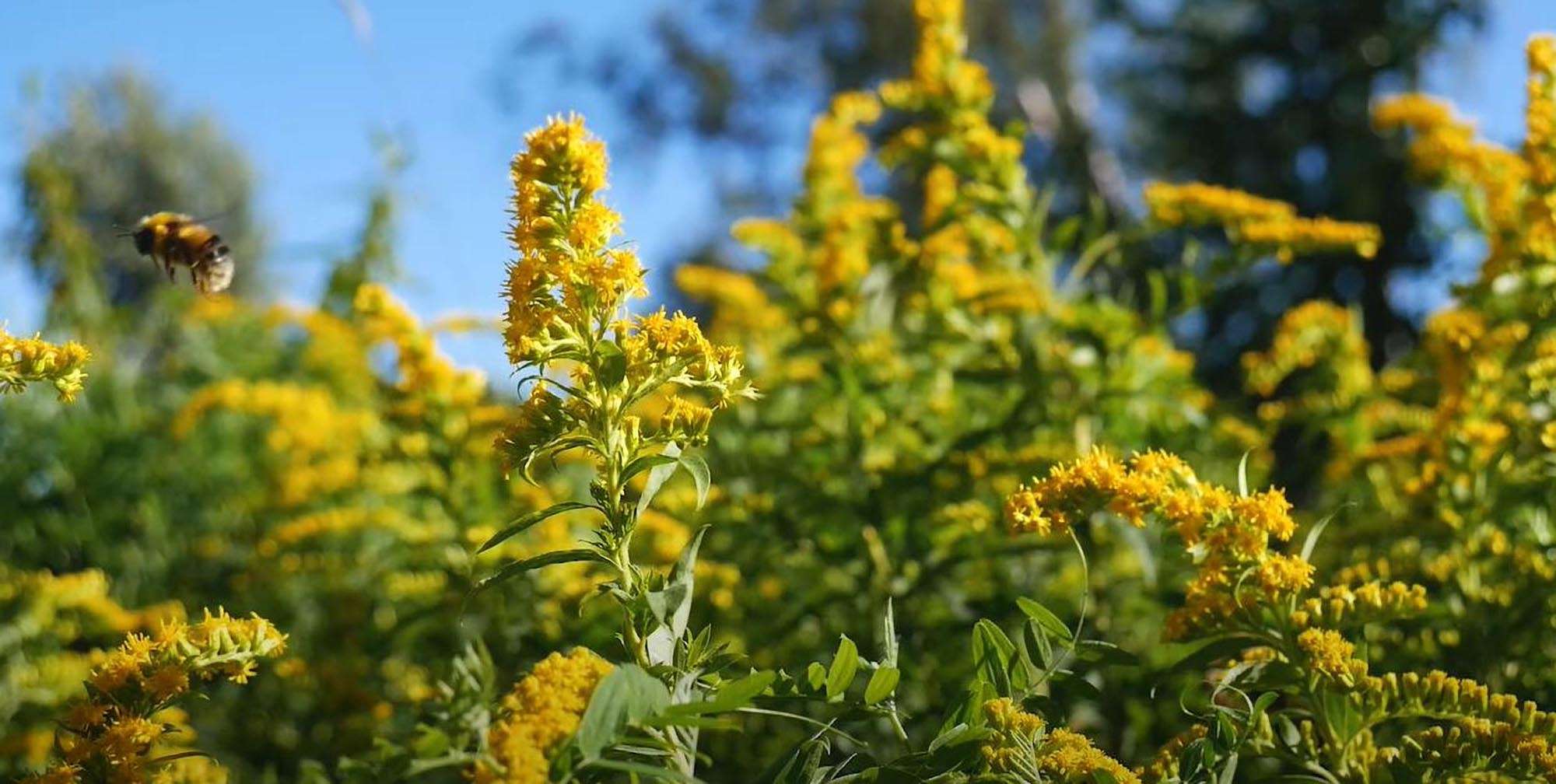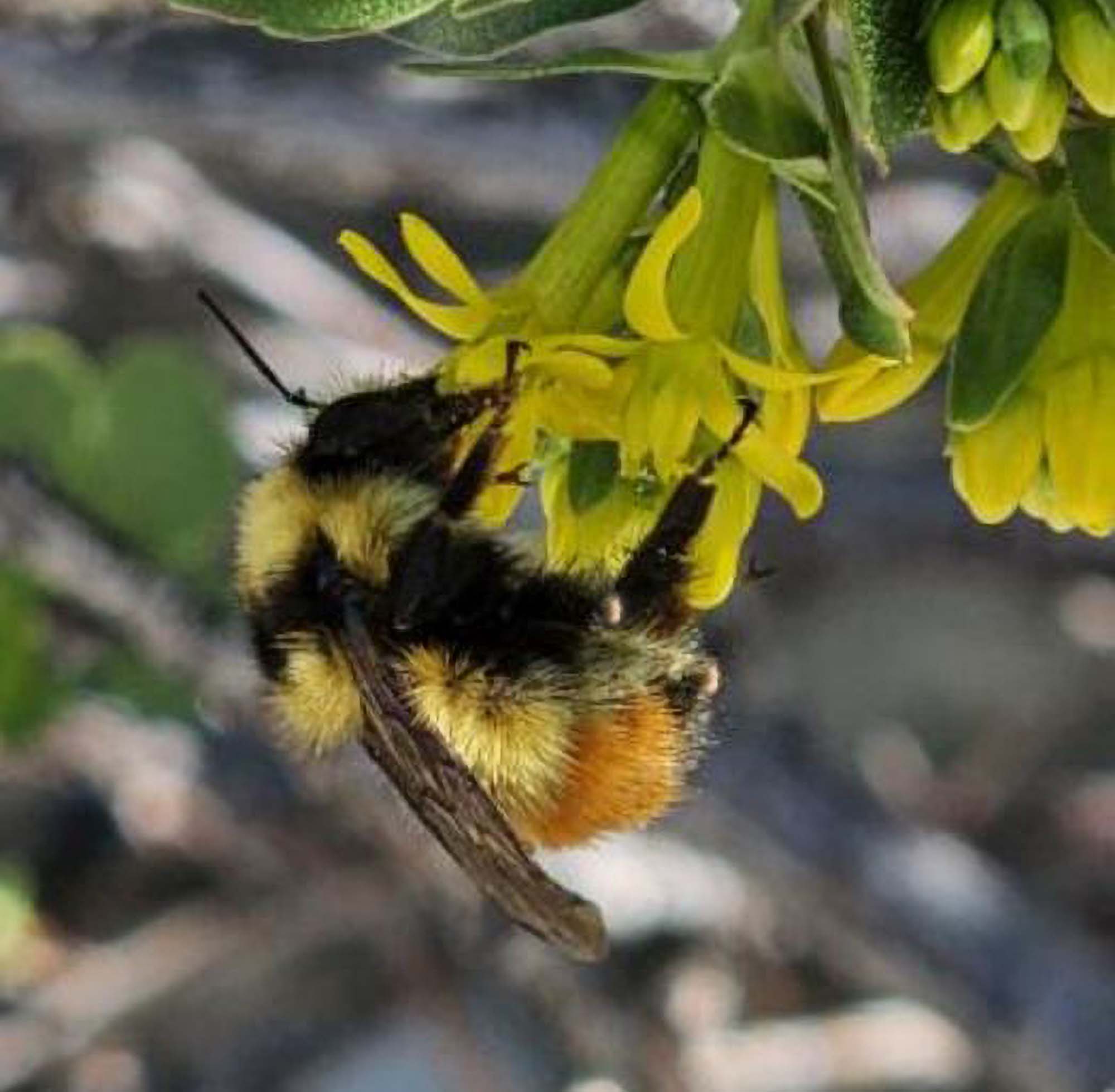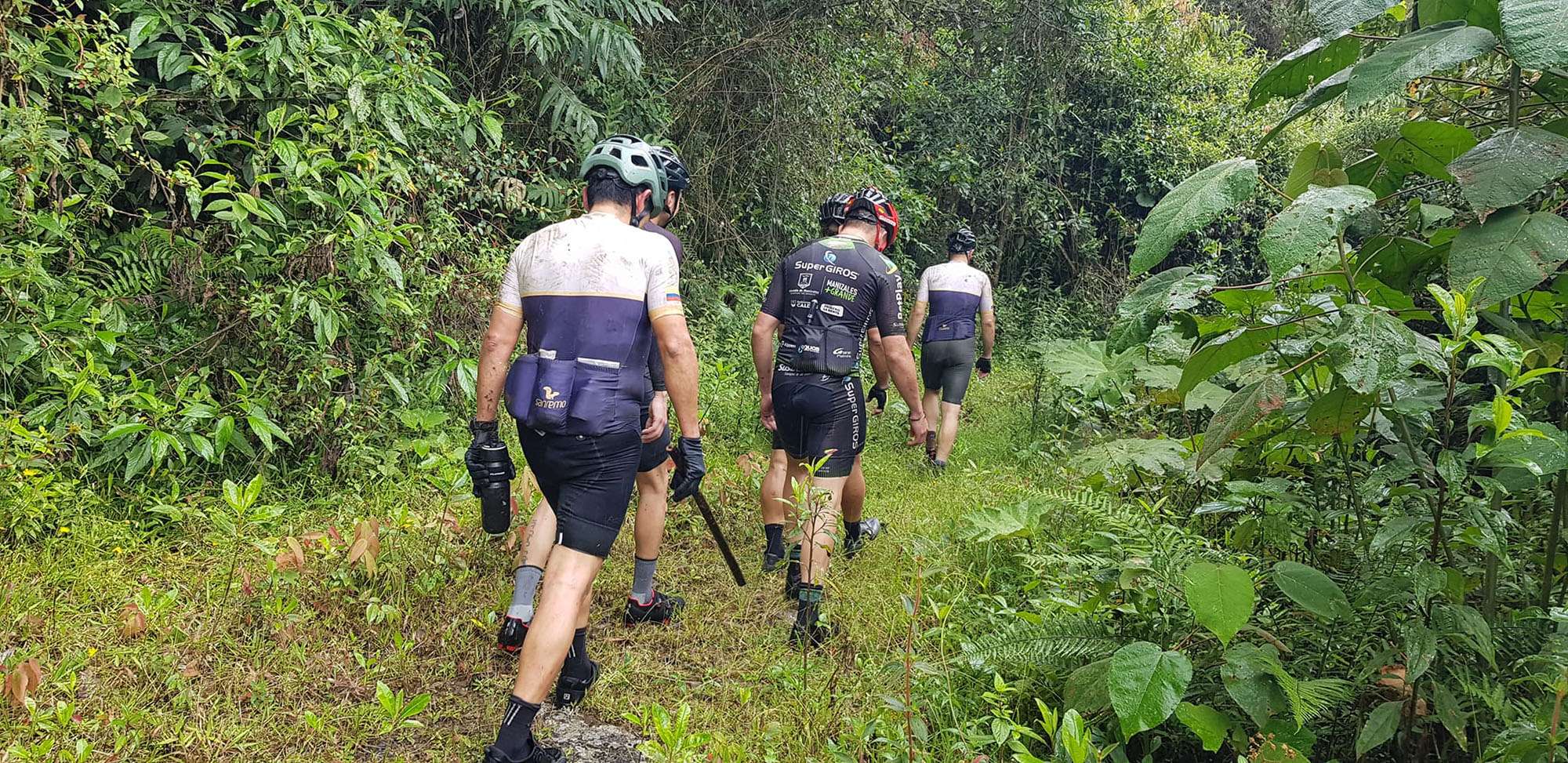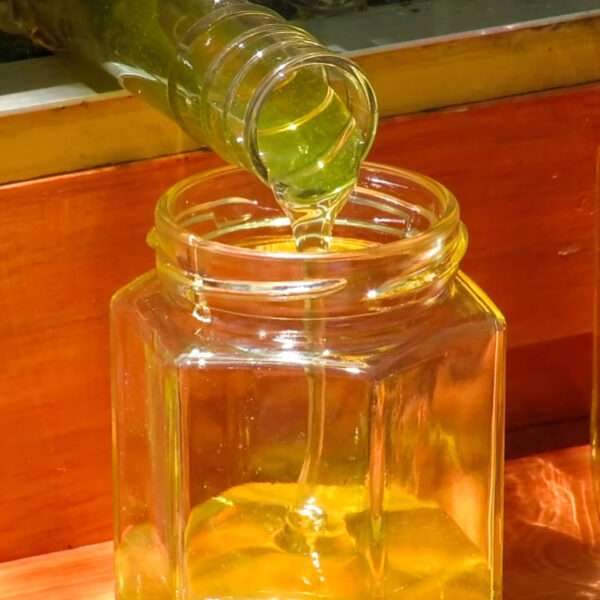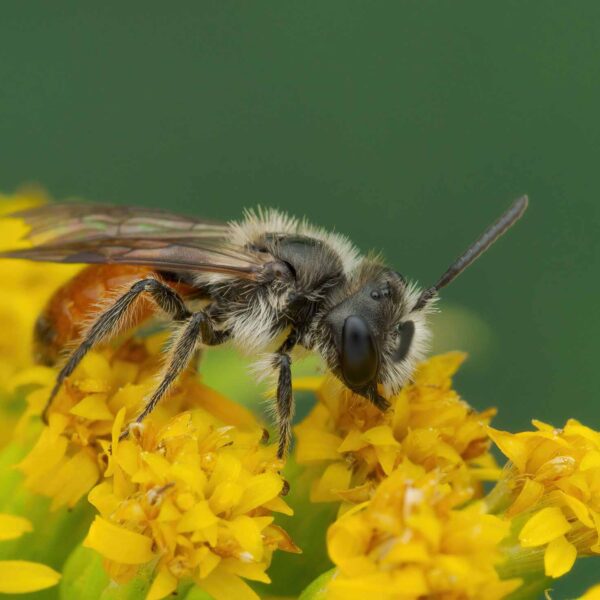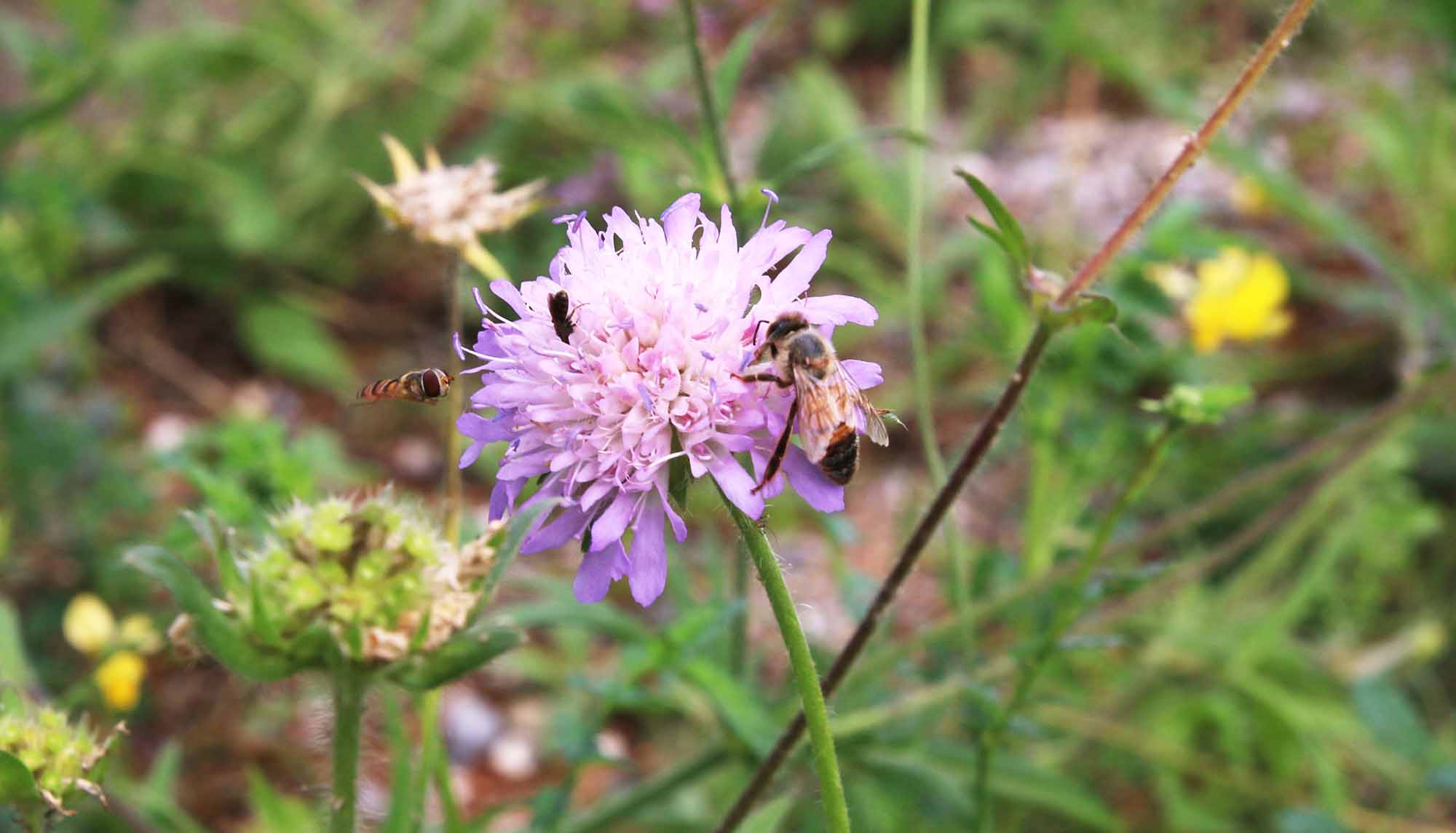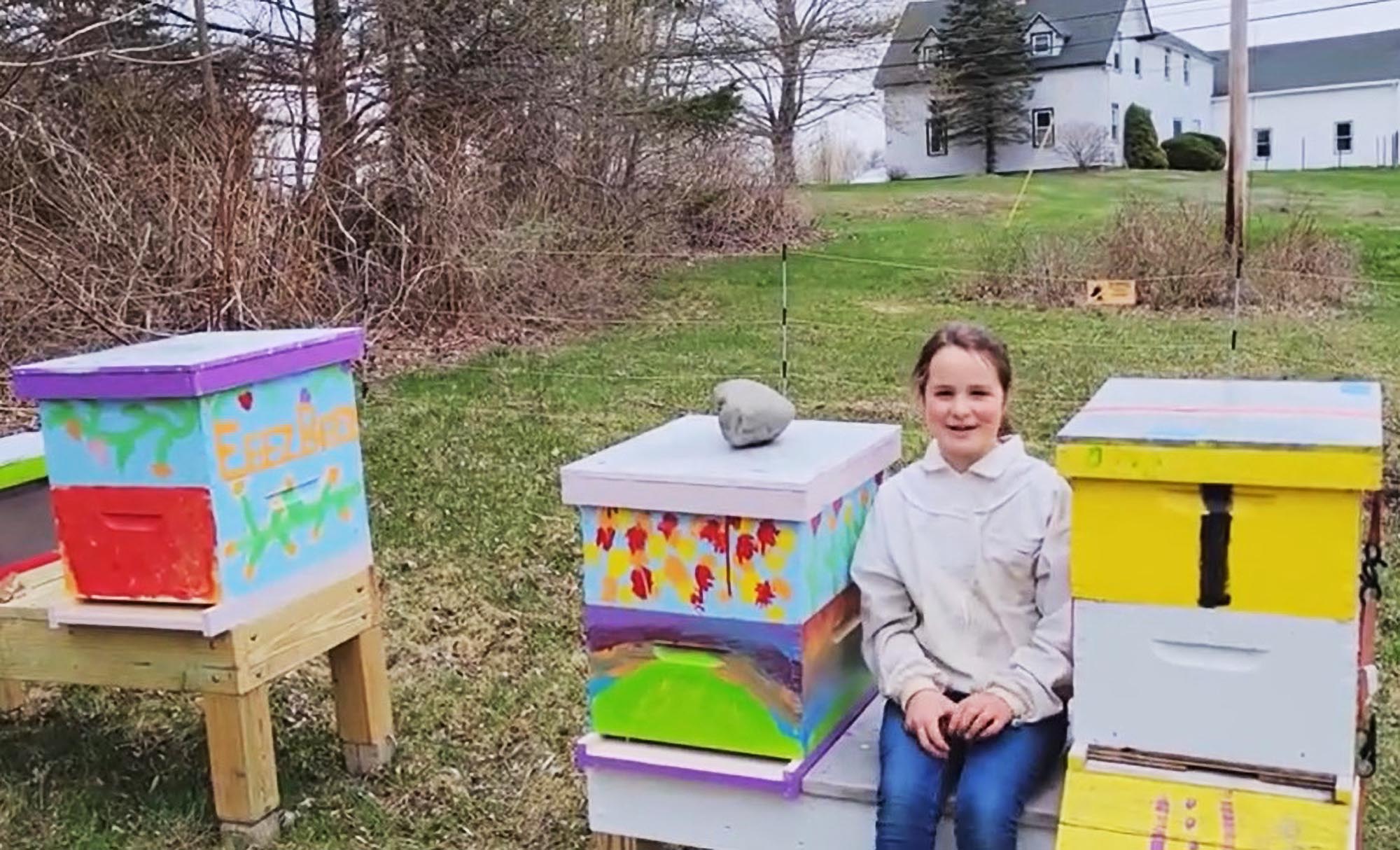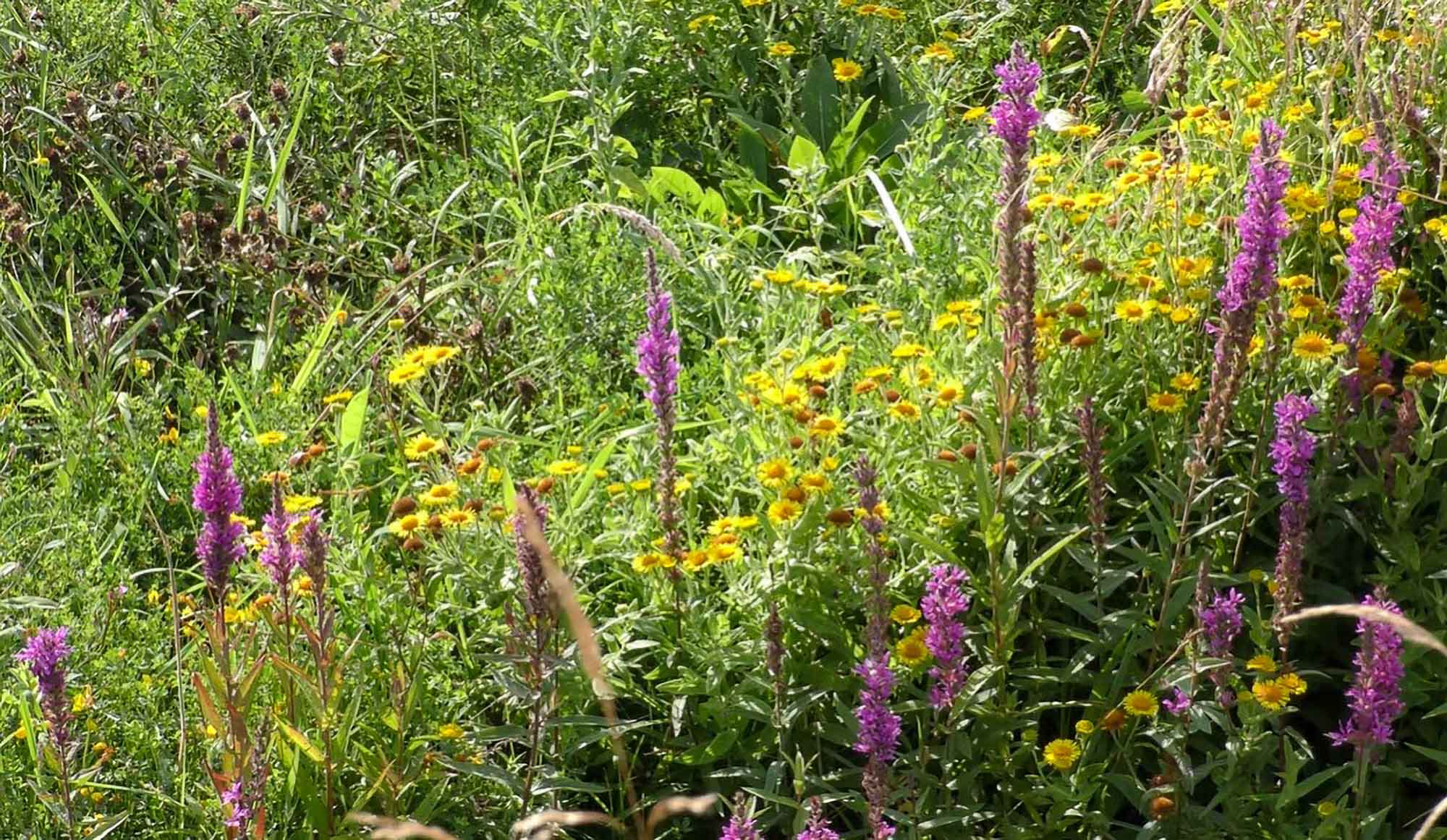A Canadian NGO has extended its biodiversity conservation campaign due to the immense demand for bee nesting kits when it was unveiled last year.
Jennifer Pylypiw of the Métis Nation of Alberta (MNA) told broadcaster CBC: “We originally launched it with just 200 kits as we didn’t know how it would be received, and they were all claimed in 30 minutes.”
Another 500 wooden kits – which are aimed at offering nesting opportunities for native pollinator species – and wildflower seed mixtures have been up for grabs this year around.
Around 1,000 people entered the draw to receive one of the devices, CBC reports.
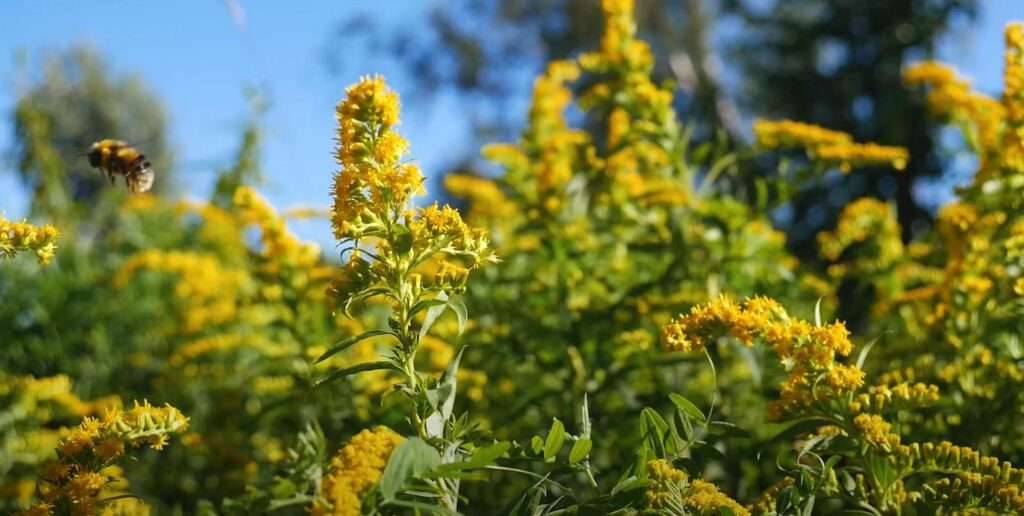
The nesting spots – which feature numerous drilled holes to attract undomesticated bees – have been provided by the Edmonton and Area Land Trust, a non-profit organisation based in Edmonton in the southwestern province of Alberta.
The MNA is a non-profit society that represents the Métis people who are descendants of mixed First Nations and indigenous peoples and white or European families.
Jennifer – who is the MNA’s environment policy manager – said: “Our citizens care so deeply about their land and they are so aware of the connection between the pollinators, the food they eat and the spaces they enjoy.”
Kyla Ferris – who has engaged in the initiative since last year – told CBC: “I think it brings our community closer together. We’ve always had a strong connection to our environment and to the Earth. It makes me feel very proud.”
Alberta is home to around 300 native bee species, according to the MNA.
The organisation focuses on monitoring pollinator population figures as the project continues.
Numerous solitary bee species are at risk of extinction around the world due to habitat reduction, climate change and the application of chemical substances in back gardens and agriculture.

